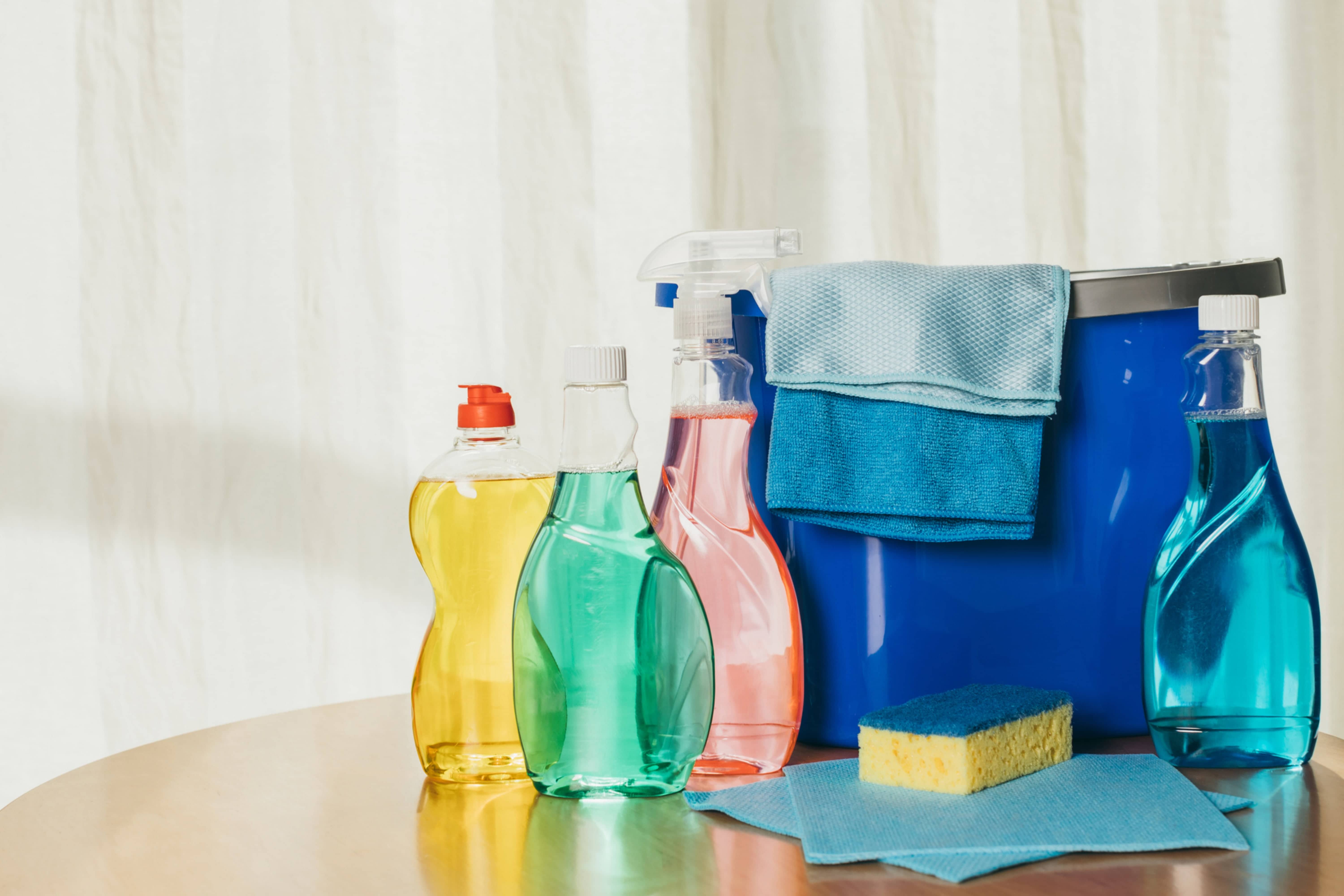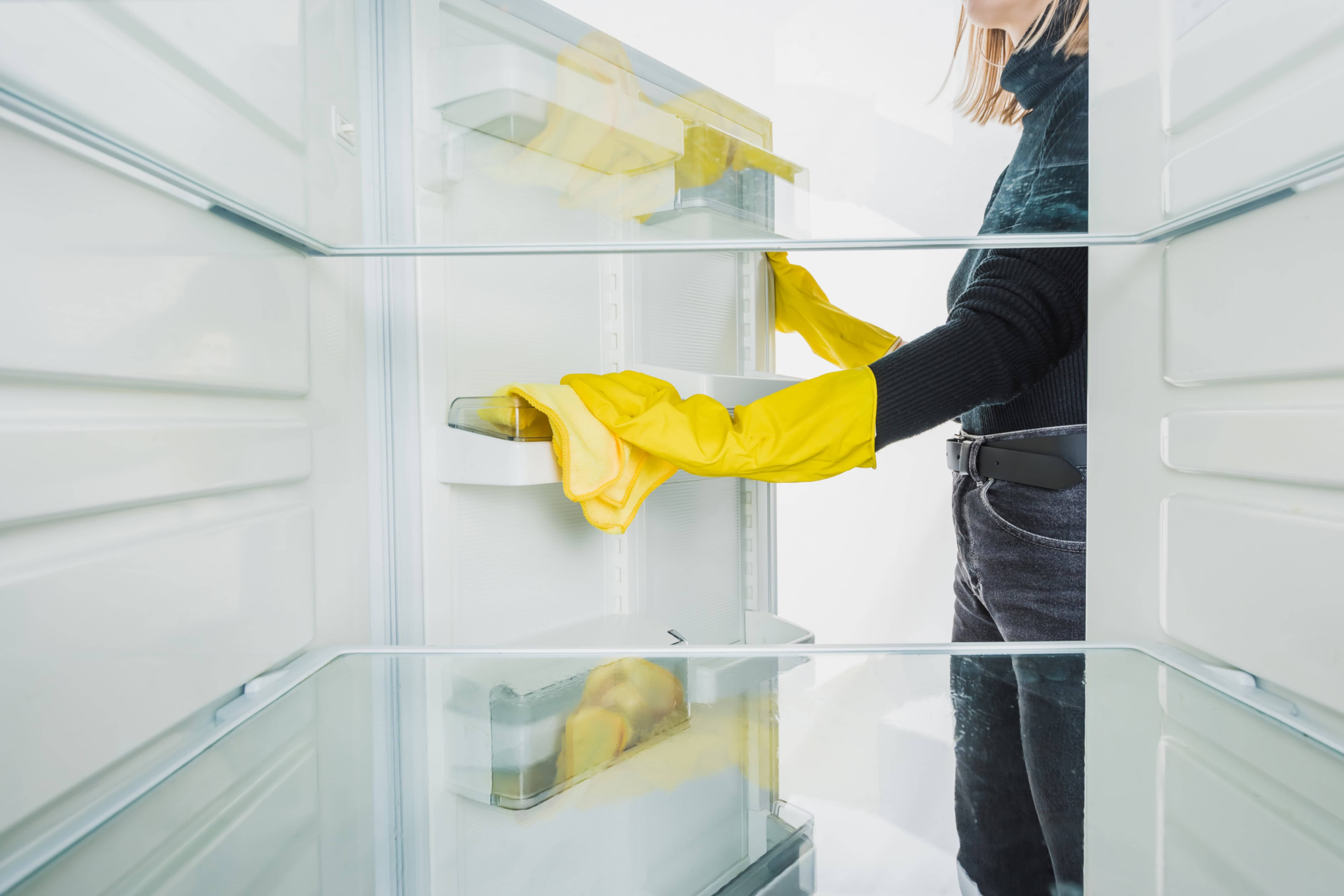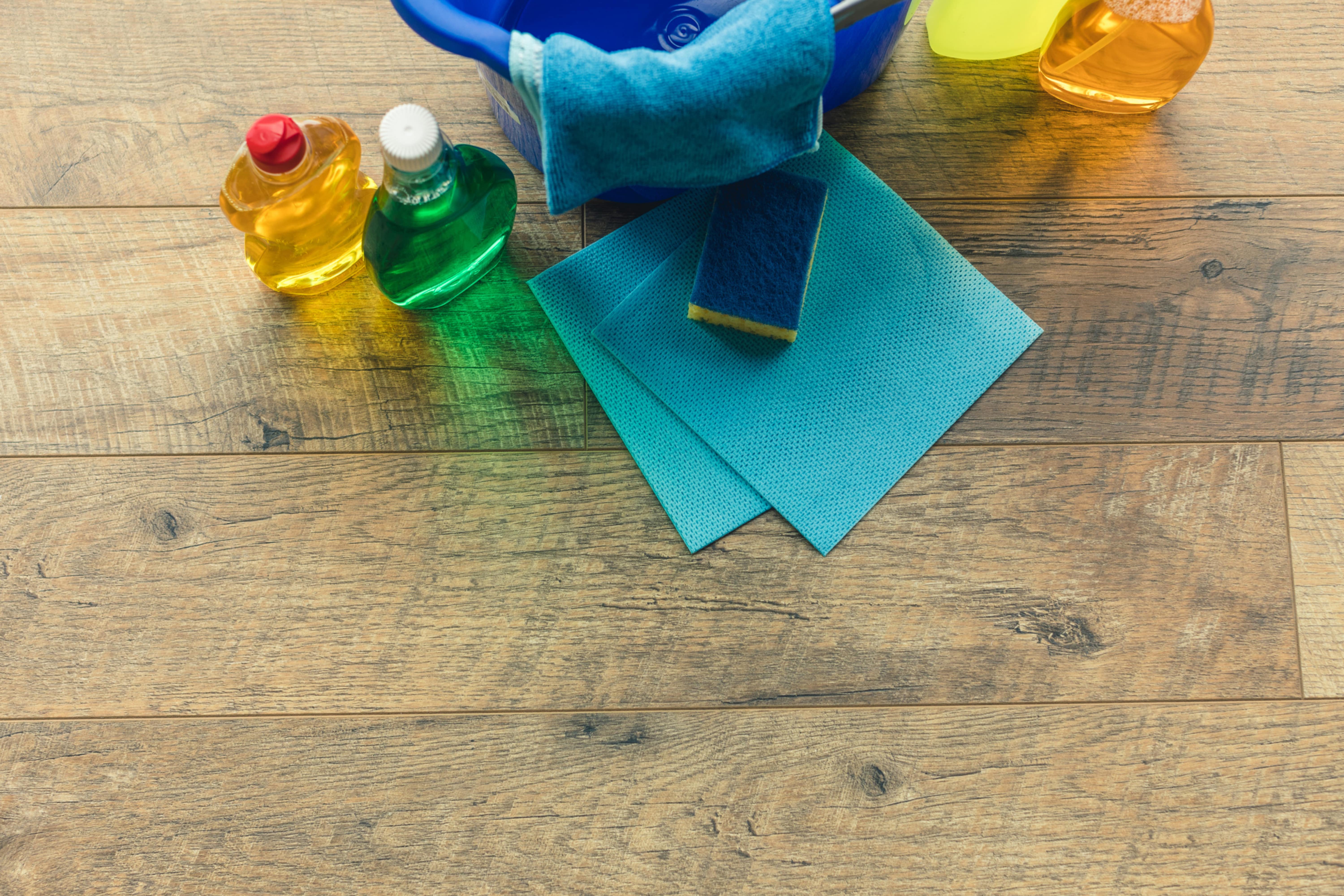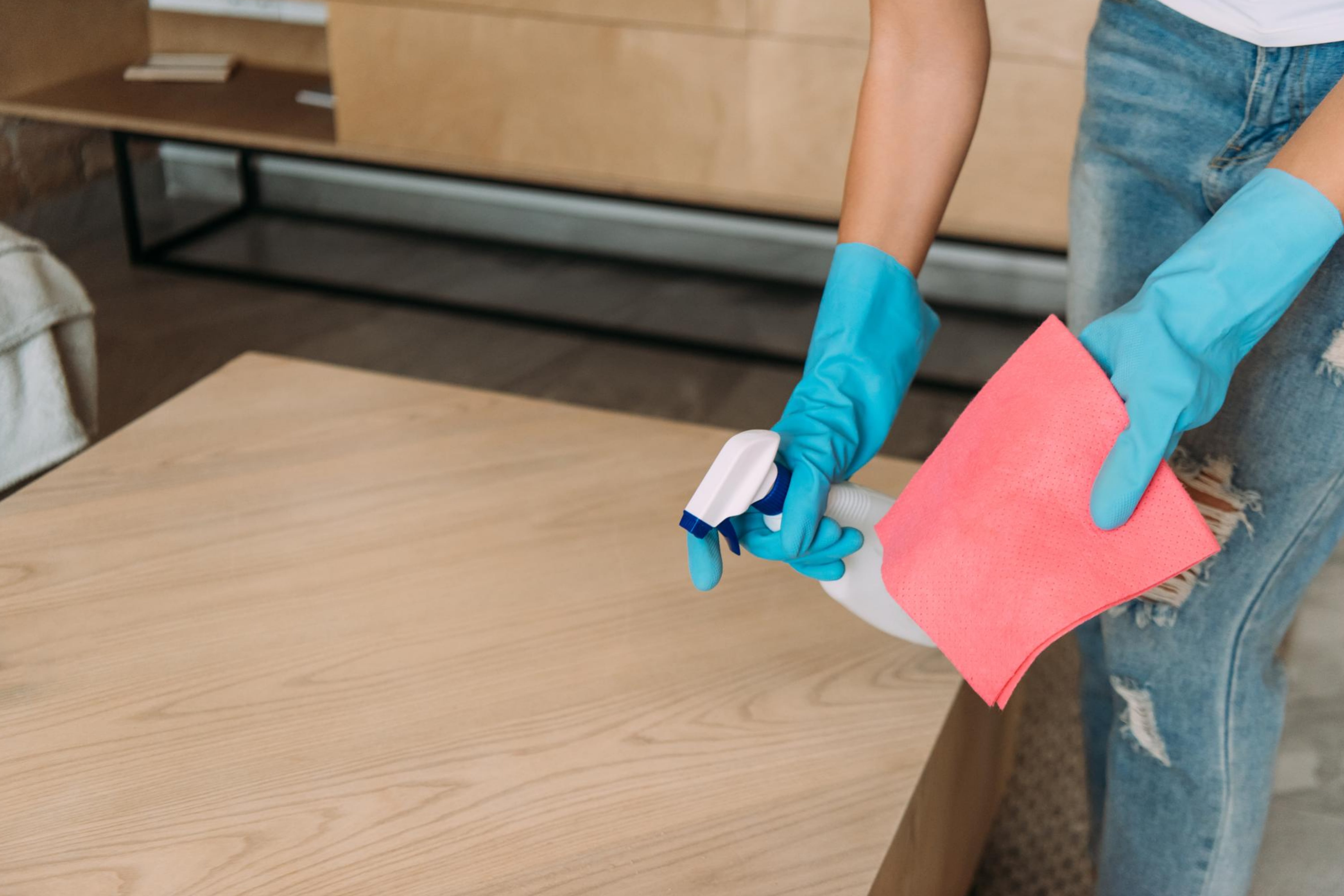Have you ever felt like your home is a never-ending maze of chores and tasks, especially when you are busy nursing? You are not alone. Countless people around the world have asked the same question and faced the same daunting task.
The good news is that there are practical, manageable solutions to this common problem.
Nursing, a demanding and rewarding role, can be overwhelming at times, leading to an inescapable sense of disorder in your personal space. However, understanding that nursing can make housekeeping challenging is the first step to tackling it head-on.
So, let’s dive into the methods that can help maintain cleanliness and orderliness at home while fulfilling your nursing duties.
1. Embrace the Power of Planning
Successful housekeeping amid nursing is not just about the actual cleaning tasks but more about planning and organizing. This involves prioritizing tasks, making schedules, and sticking to them, regardless of how your day unfolds.
- Prioritize Tasks: Not all chores are equally important. List down all the tasks you need to do daily, weekly, and monthly, then rank them according to urgency and importance, using the Eisenhower Matrix as your guide.
- Make a Schedule: Once you have your tasks prioritized, slot them into your day at the most convenient times. Remember, consistency is key. Make sure you set realistic times for each task to avoid burnout.
- Stick to the Plan: You might be tempted to skip a task or two some days, but remember that maintaining a clean house requires consistency. Treat your cleaning schedule with the same importance as your nursing schedule.
2. Leverage Technology
In today’s digital age, there is a plethora of smart devices and applications designed to make our lives easier, and cleaning is no exception.
- Robotic Vacuum Cleaners: These smart devices can take over the mundane task of vacuuming, leaving you more time to focus on your nursing tasks. Check out this research on the effectiveness of robotic vacuum cleaners for more information.
- Reminder and To-Do Apps: There are numerous mobile applications available that can help you plan your chores. They provide reminders, allow you to set deadlines, and even share tasks with others.
- Smart Organizers: Digitally, you can keep track of your household items, reducing the time spent searching for things. Here’s a study on how digital organizers can simplify your life.

3. Enlist Help
Just because you’re nursing doesn’t mean you have to do everything on your own. Enlisting help, either from other family members or through hiring a professional service, can significantly lighten your load.
- a. Divide and Conquer: Assign tasks to other household members. This not only reduces your workload but also teaches responsibility. Check out this research on the benefits of shared housework.
- b. Consider a Cleaning Service: If your budget allows, hiring a professional cleaning service once in a while can provide a much-needed respite. They can take care of deep cleaning tasks, leaving you with more manageable day-to-day tasks.
- c. Lean on Your Network: Don’t shy away from accepting help from your friends or neighbors. If someone offers to help, let them. You’ll be surprised how a little help can go a long way.
Comparison Table: Prioritizing Cleaning Tasks
[table id=300 /]
4. Implement Efficient Cleaning Techniques
Optimal use of time is essential when nursing. Thankfully, there are some efficient cleaning techniques that can help speed up your routine.
- The One-Minute Rule: If a task takes one minute or less to complete, do it immediately. This could include tasks like putting dishes in the dishwasher or wiping down countertops. This research paper on time management strategies offers insight into how small tasks can accumulate into significant work.
- High Traffic Area Focus: Certain areas in your home, such as the kitchen or living room, often get dirty quicker than others. Prioritizing these areas can help maintain the overall cleanliness of your house.
- Use of Multipurpose Cleaners: Using a multipurpose cleaner can save time and space. One cleaner for a variety of surfaces simplifies the process and eliminates the need for multiple products.

5. Establish a Routine
Establishing a routine is one of the best strategies to maintain a clean house, particularly when nursing. A routine brings predictability and helps embed tasks into your daily life.
- Morning and Evening Routines: Start and end your day with a quick tidy-up. This helps to maintain a baseline of cleanliness and order in your home. According to this study on the psychology of daily routines, establishing such routines can enhance mental well-being
- Weekly Cleaning Routine: Set aside a specific day each week for more extensive cleaning. This could include tasks like washing sheets, deep cleaning the bathroom, or mopping floors.
- Seasonal Cleaning: Some tasks, like cleaning windows or decluttering, don’t need to be done weekly. Schedule these for a particular time of the year.

Comparison Table: Cleaning Techniques Efficiency
[table id=301 /]
6. Declutter Regularly
Clutter can quickly accumulate, making cleaning more difficult and time-consuming. Adopting a decluttering habit will not only make your cleaning routine easier but also improve your mental well-being.
- Adopt a ‘One in, One out’ Rule: For every new item you bring into your home, get rid of an old one. This study on clutter management discusses the effectiveness of this strategy.
- Monthly Decluttering: Set aside time every month to go through your possessions. Donate or dispose of items you no longer need or use.
- Organize as You Go: As you clean, keep an eye out for items that are out of place or no longer needed. Doing a little organizing while you clean can help keep clutter in check.
7. Practice Self-care
While maintaining a clean home is important, it should never come at the expense of your health and well-being. Make sure to also focus on self-care.
- Take Breaks: Cleaning can be physically taxing. Ensure you take regular breaks to rest and recharge. This study on the importance of taking breaks delves into the positive impact breaks can have on overall productivity.
- Stay Hydrated and Eat Well: Remember to drink plenty of fluids and eat nutritious food. This will keep you energized and help you work more efficiently.
- Prioritize Sleep: Adequate rest is crucial to function optimally and maintain productivity, as highlighted in this research on sleep and cognitive performance.

Comparison Table: Benefits of Decluttering and Self-care
[table id=302 /]
As you can see, nursing and maintaining a clean house is not an easy feat. As a nursing professional, you may feel like you’re running a marathon with no finish line in sight. However, with planning, utilizing technology, and enlisting help, it becomes a more manageable task.
Remember, a clean environment is not just about aesthetics; it plays a significant role in our overall well-being and productivity. So, don’t let your nursing duties become a roadblock in your quest for a clean and orderly home. After all, a clean house is a happy house!
Things That Can Make Your Cleaning Routine Tougher
Cleaning and decluttering your home can seem like a never-ending task, especially when certain factors accelerate the messiness and complicate your cleaning routine. Understanding these factors and knowing how to address them can help streamline your chores and maintain a cleaner, more organized living environment.
1. Too Much Stuff:
The more items you have in your home, the more you have to clean and organize. A surplus of belongings can make cleaning more challenging and time-consuming, and it can also lead to faster cluttering.
Solution: Practice minimalism. Regularly evaluate the necessity of your possessions and get rid of items that are no longer used or needed. Consider the ‘one in, one out’ rule: for every new item you bring home, remove an old one.
2. Poor Organization:
Without a proper organizational system, items can quickly get out of place, leading to clutter and disarray. Additionally, you may waste a lot of time looking for things, making cleaning even more time-consuming.
Solution: Implement effective storage solutions. Everything should have a designated place. Use organizers, shelves, and boxes to keep your items tidy and easy to find.
3. Lack of Routine:
Without a cleaning routine, it’s easy for tasks to pile up. Before you know it, you have a mountain of chores that seem overwhelming, leading to procrastination and a perpetually untidy home.
Solution: Establish a cleaning routine. Divide your tasks into daily, weekly, and monthly chores. Consistency is key to maintaining a clean home.
4. Distractions:
In today’s digital age, distractions are everywhere, from smartphones to televisions. These distractions can lead to unfinished tasks and a longer cleaning process.
Solution: Limit distractions while cleaning. Set a timer for each task and dedicate that time solely to cleaning. Consider turning off your electronic devices or putting them in another room.
5. Multitasking:
While it might seem like you’re getting more done, multitasking can often lead to half-completed tasks and a more extended cleaning process.
Solution: Focus on one task at a time. Finish what you start before moving on to the next task. This strategy can lead to more accomplished tasks and a cleaner home in less time.6. Inefficient Cleaning Techniques:
Using inefficient cleaning methods or tools can slow you down and make the process more strenuous.
Solution: Use efficient cleaning techniques and tools. For instance, start cleaning from the top of a room and work your way down. This prevents dust and debris from falling on already cleaned areas.
Invest in quality cleaning tools that get the job done efficiently and effectively. In essence, the factors leading to quicker cluttering and longer cleaning times often boil down to excess possessions, lack of organization, absence of a cleaning routine, distractions, multitasking, and inefficient cleaning techniques.
However, by addressing these issues with the suggested solutions, you can significantly improve your cleaning efficiency and maintain a cleaner, more organized home.
Remember, the goal isn’t perfection; it’s about creating a manageable and sustainable cleaning routine that fits your lifestyle. With a bit of planning and discipline, a clean and clutter-free home is entirely achievable.
Conclusion
In conclusion, maintaining a clean home while juggling nursing duties can seem like a daunting task. However, by leveraging strategic planning, technology, efficient cleaning techniques, and regular decluttering, this challenge can be successfully managed.
Remember, it’s crucial to enlist help when needed and prioritize self-care to ensure you stay healthy and energized.
Your nursing profession is important, but so is your well-being and the state of your home. With these guidelines, you can create a balance that works best for you.
Ultimately, it’s about making your space a clean, organized, and peaceful sanctuary that complements your demanding but rewarding role in nursing.
[wp-faq-schema title=”Frequently Asked Questions”]
